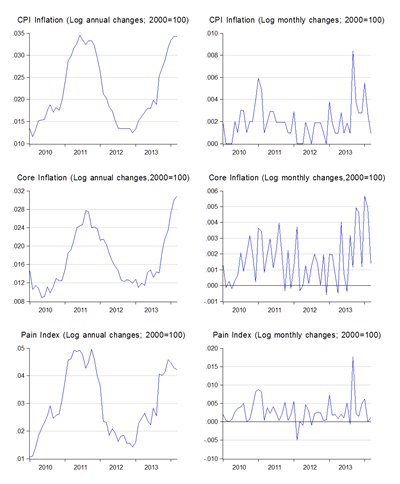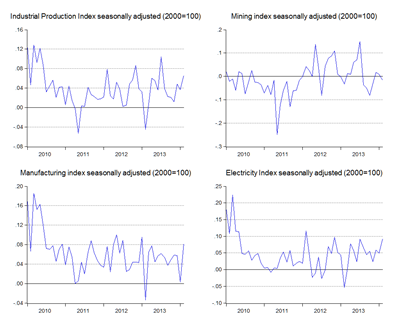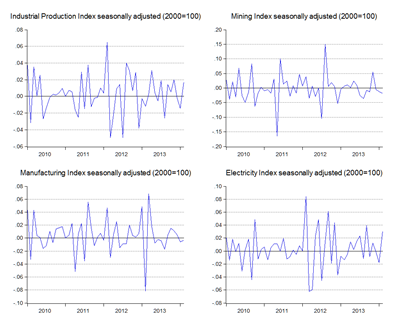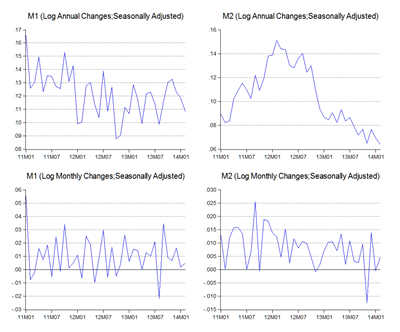It used to be that being an economist, you’d end up working for the government, in academia, or in the financial sector. Nowadays, the market for an economist is much, much wider.
Take for example the following:
- Google and Youtube are looking for quants, to help analyse “large, complex datasets”;
- Amazon is looking for economists to, “apply the frontier of economic thinking to market design, pricing, forecasting, online advertising and other areas.”
- Twitter is looking for help to, “analyze data and answer complex questions related to users, advertisers, and revenue.”
- Qualcomm, who’s processors are at the heart of many smartphones today, are looking for someone to join their intellectual property team, to help advise on IP policy issues.
It’s a much wider job market than it used to be, and there’s never been a better time to be armed with an economics degree.
However, there are a couple of common threads running through all these “uncommon” jobs – a statistics/econometrics background is absolutely required, and a Masters degree is the minimum entry level qualification (PhD preferred).
Time to start hitting those books again, guys and gals.








